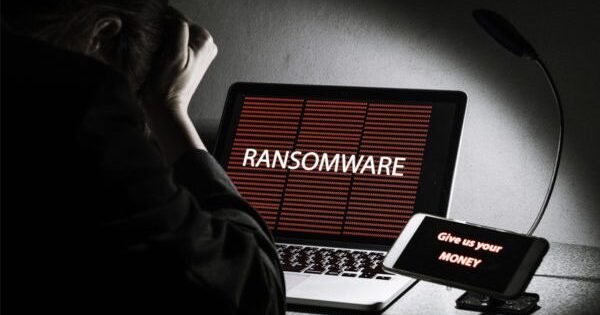The number of fraudulent attacks against Brazilians reached 1.9 million in the first half, which corresponds to an increase of 15.6% compared to the same period in 2020. The increase was mainly driven by actions against people up to 25 years old, which grew by 19.3%, according to the Serasa Experian Fraud Attempts Indicator. The entity estimates that there was a fraudulent move every eight seconds.
According to the director of Identity Solutions and Fraud Prevention at Serasa Experian, Jaison Reis, the increase in fraud attempts this year is a reflection of the acceleration of digitization due to the covid-19 pandemic. “There was a change in the behavior of Brazilians, who started to purchase goods and services online, thanks to the rules of social distance imposed by the pandemic. Therefore, opportunists had more transactions to try to access data and resources. Therefore, the importance of having robust platforms that identify these attempts and prevent fraudsters from taking action.”
Banks and cards registered 1.2 million attempts and financial ones, 205 thousand, with an accumulated variation of 59.2% and -40.7%. The sector that had the greatest growth in the comparison between the semesters of this year and 2020 was retail, with an increase of 89.5% and 167 thousand. Telephony (-49%) and services (-19.5%) decreased, registering 79 thousand and 258 thousand attempts.
According to the Fraud Attempts Indicator, the Southeast had just over 1 million attempts, followed by the Northeast (347 thousand), Southeast (300 thousand), Midwest (176 thousand) and North (120 thousand).
Among the main fraud attempts verified by Serasa Experian using false or stolen documents, leaving the loss to the victim, are the purchase of cell phones, issuing credit cards, financing of retail electronics, opening a bank account, buying cars and opening companies.
To avoid falling into this type of scam, fraud experts at Serasa Experian recommend that consumers be aware and avoid having their personal data exposed. In addition, they should only make digital transactions with trusted companies and not click on unknown links.
Source: CisoAdvisor
























